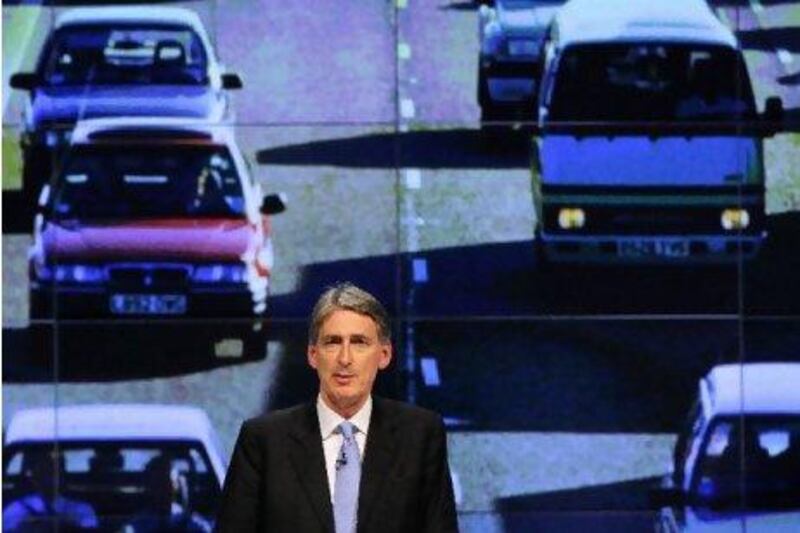It may be a truism that statistics never lie, but, as every liar knows, the truth often requires deeper number crunching. For instance, the commonly held belief is that speed kills. And after all, it hardly requires a PHD in physics to understand that two cars colliding at 20kph is a fender bender, while the same pair coming together at 160kph has a more dire outcome. Hence the message from safety nannies around the world that it's all right to drive like idiots, as long as you're doing it slowly.
So when you read that among European Union nations, Sweden, the United Kingdom and the Netherlands all have fewer fatalities per billion of kilometres driven than Germany, it's easy to presume that the Teutonic love of speed is the cause of its higher mortality rate. Peruse a little further, however, and you find that all three have fewer automobiles per 100 residents, which affects traffic density. Indeed, all of the countries in the EU with a lower accident rate than Germany have a lower vehicle density. So what's the killer, speed or the number of people driving? Likewise, if speed so surely kills, why would the United States, the master of draconian speed restrictions, be only slightly behind Papua New Guinea and Tajikistan with 13.9 road fatalities per 100,000 inhabitants, a figure more than double that of the UK and Sweden.
The truth is we don't know if there's a direct correlation between speed and fatalities or whether drive education, road conditions, road layout and even from which direction the sun is shining are more important factors in determining why a fatality has occurred.
It is into this quagmire of conflicting data that the UK transport secretary, Philip Hammond (not to be confused with Richard Hammond, one of the speed freaks on BBC's Top Gear), has announced that his government is proposing to raise the speed limit in England and Wales from 70mph (113kph) to 80mph on selected motorways, along with more 20mph restrictions in urban areas. "These speed limits were set in the 1960s," says Mr Hammond, noting that, since 1965, when the current 70mph limit was introduced, there has been a 75 per cent decline in fatalities, despite the far greater number of drivers and number of miles driven.
Of course, there have been all manner of criticism from the usual suspects: "greens" who fear a spike in fuel consumption ("The Saudi oil minister will rub his hands with glee," Greenpeace says) to proponents of Britain's nanny state who unabashedly support any measure that stifles fun. Indeed, addressing the topic, The Guardian's Politics blog begins with the admonition that "Speed's fun, but it kills. Let's go with the nanny tendency on that - we need discouraging, not the metaphorical green light".
What's perhaps more interesting than the facts or the intent of the proposed legislation are its politics. According to The Independent newspaper, "the Tories want the 80mph limit because it appeals to their base and they can sell it as promoting business. Meanwhile, the Liberal Democrats [Cameron's coalition partners] claim there is strong evidence that, in road safety terms, expanding 20mph zones saves lives."
Mr Hammond is trying to determine the cost of lower speed limits, calling for a "rigorous cost-benefit analysis of speed limits" rather than making it simply a safety issue. "If you took just that view, you would have 10mph limits everywhere. We need to look at the value of safety benefits and the cost in terms of additional journey time."
All this controversy about safety may turn out to be something of a tempest in a teapot. The Department of Transport says that 49 per cent of all users of English and Welsh motorways are already exceeding 70mph and that one in seven is going 80mph or faster (having sampled British motorways, your lead-footed correspondent finds even those statistics somewhat low; the Brits really motor).
Besides, according to The Independent, less than six per cent of all English and Welsh automobile fatalities in 2009 occurred on high-speed motorways. Meanwhile, 42 per cent of 2,222 traffic casualties (and 65 per cent of its serious injuries) occurred in built-up areas, figures that could be reduced by the expansion of 20mph speed limit zones. Indeed, the statistics would seem to show that Mr Hammond's proposed legislation might actually save lives.






